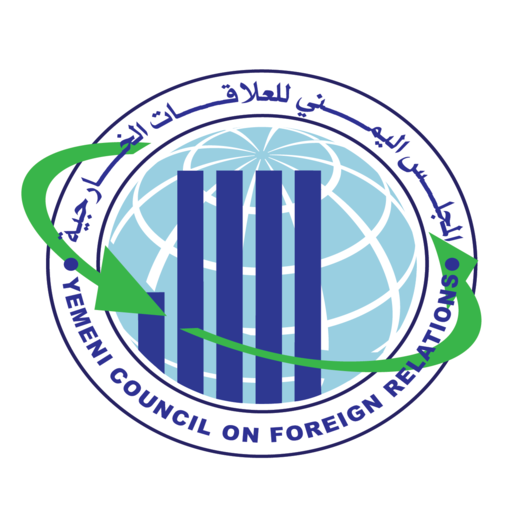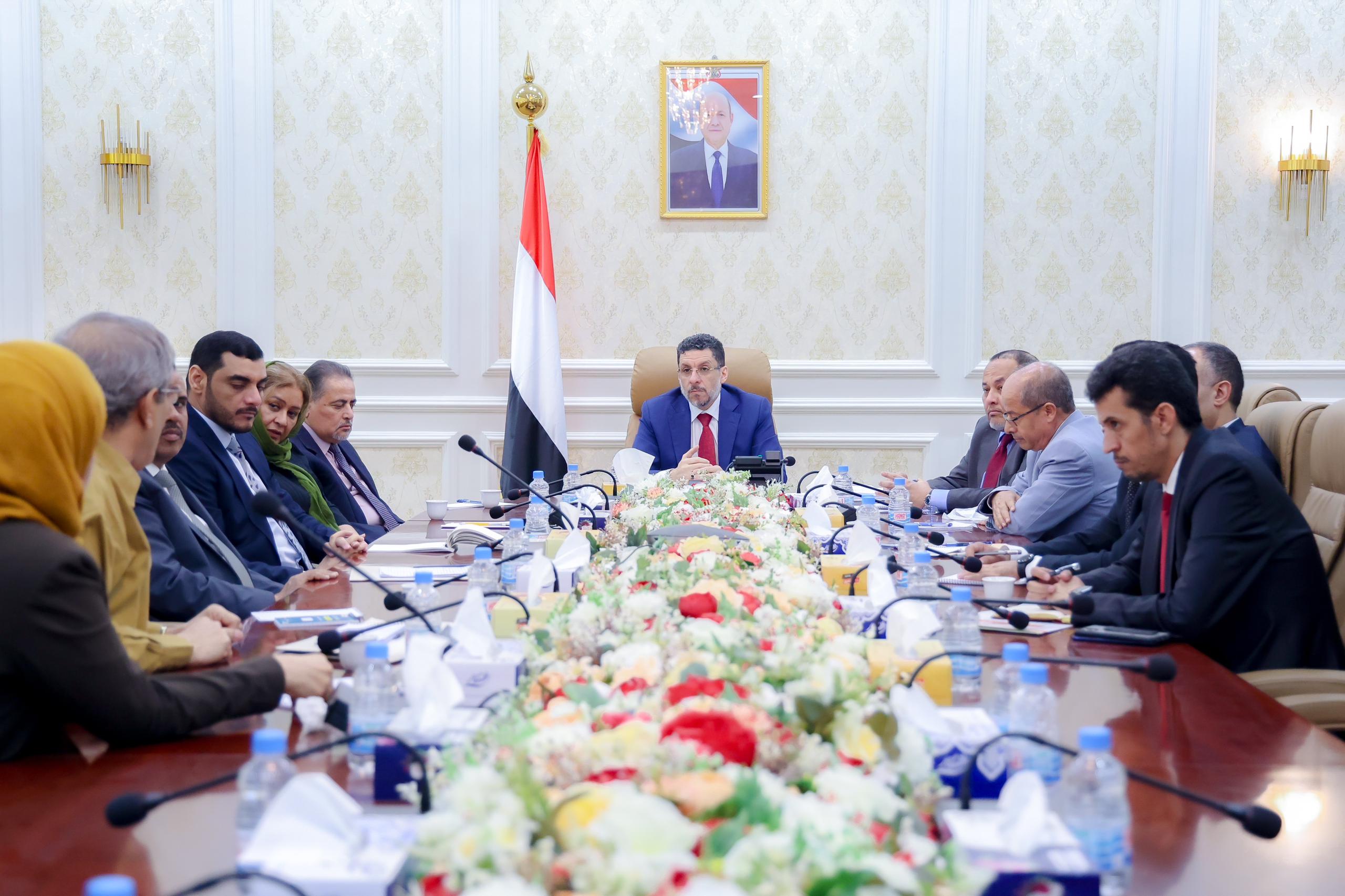Source: Saba News Agency
The Prime Minister, Dr. Ahmed Awad bin Mubarak, stressed the integrated responsibility of the state and government in dealing with economic challenges through a unified and governing vision. This approach should be objective and realistic, taking into account current complexities, prioritizing tasks, and supporting the government’s ongoing reforms, ultimately aiming to alleviate the economic burden on citizens.
This came during a meeting held by the Prime Minister on Sunday in the temporary capital, Aden, with the Economic and Social Committee of the Consultation and Reconciliation Authority. The meeting was attended by the Deputy Heads of the Authority, Sakhr Al-Wajeeh, Jamila Ali Raja, and Akram Al-Amiri. Discussions focused on mechanisms for coordination and integration between the government and the committee within the framework of a unified comprehensive vision to address the challenges of the economic situation, with the support of the Presidential Leadership Council.
Dr. Ahmed Awad bin Mubarak directed the relevant ministries and government agencies to cooperate and coordinate with the Economic and Social Committee. This collaboration aims to unify and integrate efforts towards implementing a comprehensive economic rescue plan, in light of emerging changes and developments. This plan will be implemented in cooperation with Yemen’s development partners, including donor countries and organizations. He pointed out the pivotal role of the committee and the Consultation and Reconciliation Authority in supporting the government’s efforts to implement economic, financial, and administrative reforms based on enhancing transparency, accountability, and combating corruption.
The Prime Minister presented the Deputy Heads of the Consultation Authority and the Economic and Social Committee with a comprehensive overview of the existing economic challenges. These challenges have been exacerbated by the Houthi militia’s terrorist attacks on crude oil export facilities. He outlined the government’s priorities and vision for addressing these challenges and the measures taken to mitigate their consequences and repercussions. He pointed out that the economic battle under these circumstances is no less important than the military battle to complete the restoration of the state and end the Iranian-backed Houthi coup, especially since it affects the livelihoods of citizens, leaving no room for complacency.
The Prime Minister listened to a presentation by the Deputy Heads of the Consultation Authority and the Head and members of the Economic and Social Committee. They explained the committee’s work and its vision to provide political support to the government in implementing economic treatments, decisions, and reforms. They affirmed their support for the Prime Minister’s efforts in combating corruption and implementing reforms.

